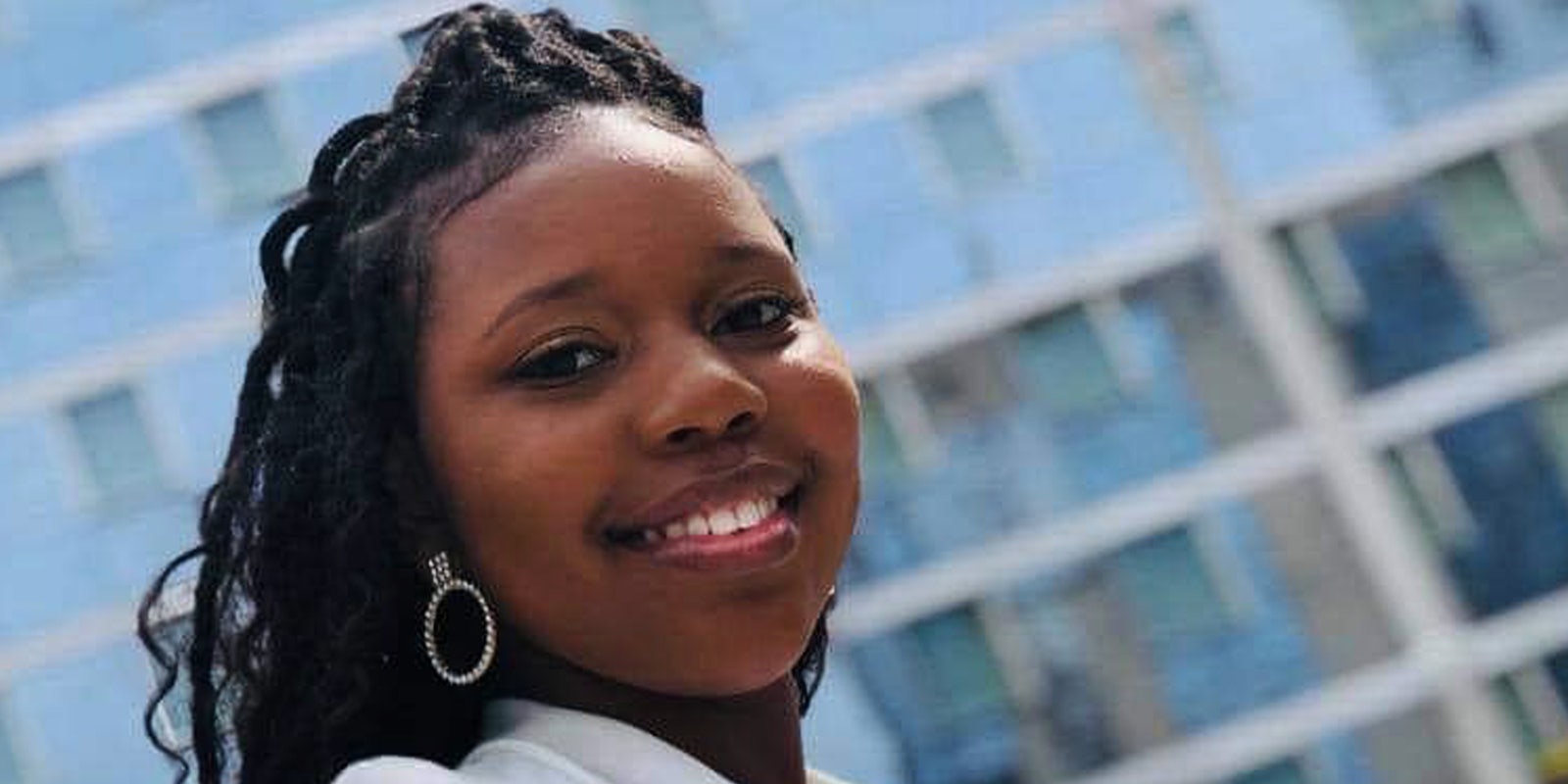Opinion
When I first heard of Carlee Russell’s disappearance, I was heartbroken but hopeful.
The news that a young Black woman had vanished after calling authorities when she spotted a baby walking alone at the side of a highway was terrifying. However, the nationwide attention and support the case garnered made many, including myself, breathe a sigh of relief.
As a 33-year-old Black woman, I had long been exposed to the disparate way America treats the stories of missing Black women and children relative to their white counterparts. Seldom do our stories make it to the news or spark search parties or nationwide candlelit vigils.
Russell’s story was different. The media and the public quickly got involved. The police and investigators pressed for answers. It appeared that no resource was spared to locate the missing woman and get her home.
The story was also just a big hoax.
The public circus of Carlee Russell’s lie
Days after her disappearance, Russell returned to her family’s home. She told police she was kidnapped and fought her captors to escape. Shortly after, Russell admitted in a statement read by her attorney that she lied about the abduction.
Though memes and jokes poking fun at the incident (and likening Russell’s behavior to Jussie Smollet’s fake racist attack) flooded social media, her lie was no laughing matter. It caused tremendous harm and pain to the Black community.
In the days after Russell turned up at her parents’ home unharmed, her story became a public circus that appeared to undermine the plight of victims who are truly missing.
According to the National Crime Information Center, one-third of the 300,000 girls and women reported missing in 2020 were Black—even though Black women only make up 13% of the female population in the U.S.
Many initially hoped Russell’s story could signal a change in the way cases are handled when the victims are girls and women of color. But when her disappearance was exposed as a hoax, many feared Russell’s dishonesty would make things even harder in the future for Black missing women and children to get the resources and support necessary to bring them home.
Concern for Black lives
Still, it cannot be denied that Russell’s story has also pushed the conversation about missing Black women and girls to the forefront of national discourse. As a result of her story, social media posts highlighting the stories of missing Black people have gone viral. Public personalities have spoken up about the need to advocate for missing people of color. Media outlets have published stories to spotlight the issue.
“I feel no shame or regret for believing Carlee Russell was missing,” tweeted Marc Lamont Hill, a professor and BET news host. “I still hope she receives whatever support she needs. Instead of making jokes or feigning embarrassment, let’s commit to finding the hundreds of thousands of Black women and girls who remain unfound and ignored.”
“Whatever ends up being true about #CarleeRussell, keep this in mind: right now there are more than sixty thousand missing Black women in this country,” Dateline NBC reporter Josh Mankiewicz wrote. “Kenya Jones went missing from DC earlier this month.”
Typically, the social plight of Black people enters into public discourse after horrific public death (for example, the killings of Trayvon Martin and George Floyd, which both sparked immense public outcry and protests).
So it is a relief to see the public and media engaged in discourse about missing Black women and girls without Black death being the trigger for the conversation.
And hopefully, these conversations can lead to action and change.
“While Carlee’s revelation is disheartening, we will not be dismayed,” Natalie Wilson, co-founder of the Black and Missing Foundation, told the Daily Dot via email. “There are far too many missing people of color who actually need our help and are counting on us to help bring them home.”
Wilson hopes the public will turn its attention to the stories of women like 18-year-old Nyesha Pryor, who disappeared in Pheonix in 2022; Sophie Reeder who has been missing since 2017; Shariah Williams, who never returned home from school in February; Cissy Lee Collins, who disappeared this month and is nine months pregnant; and Alisha Watts, who never made it to a planned outing with friends.
“We are calling on our community to not let this single incident undermine our efforts to help us find us,” Wilson said. “We have shown that we have the power to make our cases a priority, too. Now that we have the nation’s attention, let’s use this momentum for good and help other families find their loved ones too.”
The path forward
There is also a need for government action, and fortunately, blueprints for what that should look like already exists.
In February, the Minnesota House of Representatives approved House Bill HF55, which would create the Office of Missing and Murdered Black Women and Girls. The multimillion-dollar project would allocate resources toward further investigating missing persons and cold cases in the state.
With public pressure, endeavors like these could be implemented nationwide. Then there would undoubtedly be more support for Black families trying to locate their loved ones.
It is expected that Russell may face criminal charges for lying about being kidnapped, and those charges should be publicized sometime on Wednesday. Her actions were harmful to her family, community, and the nation.
But it is undeniable that Russell’s actions have exposed the injustice missing Black girls and women face in a society that seldom publicizes their stories. As Russell is held accountable for her actions, America must also hold itself accountable for its widespread inaction.
This case has spurred a call to action for Americans to bring home missing Black women and children—and to finally treat these cases with equal dignity and respect.



